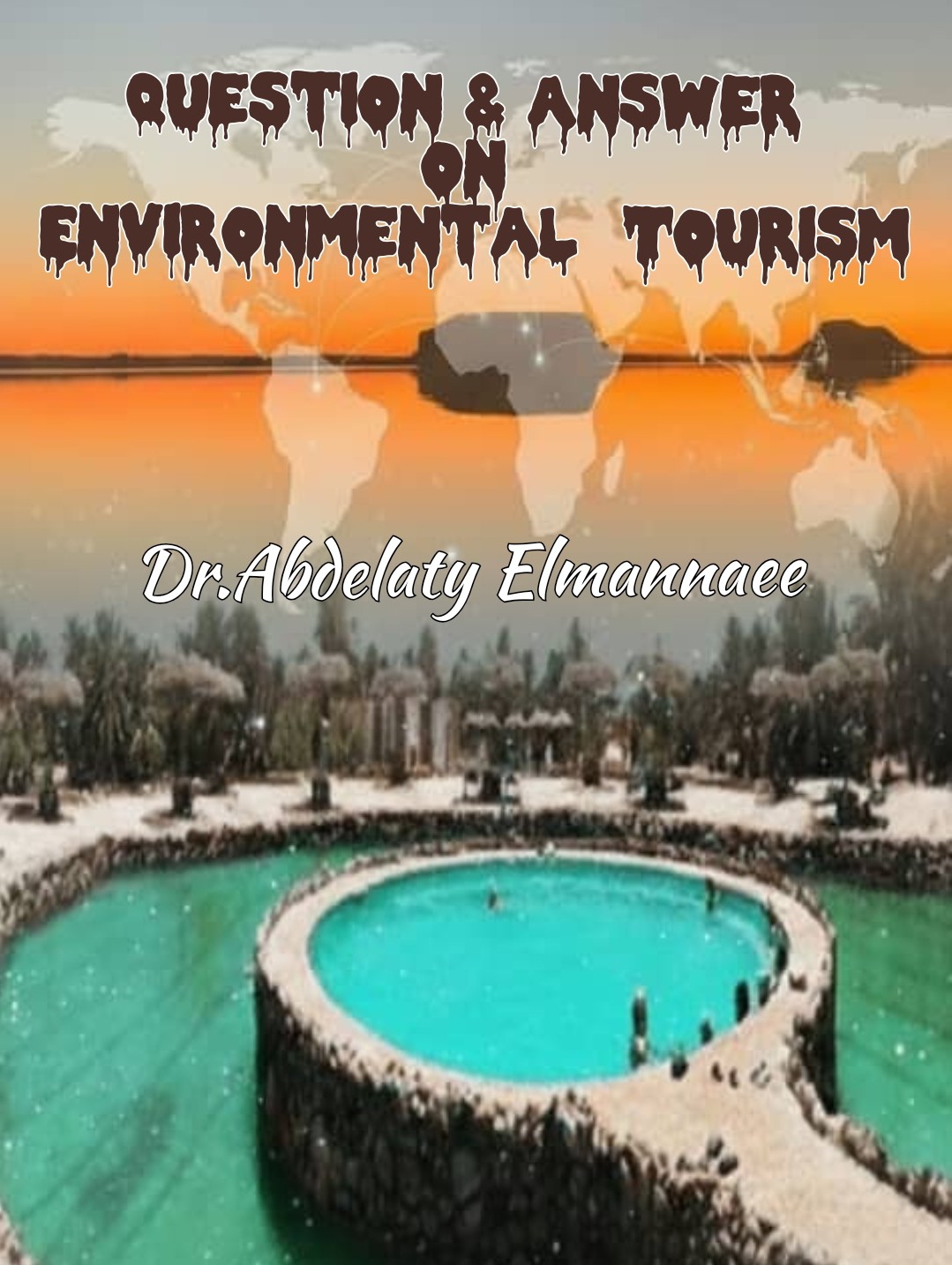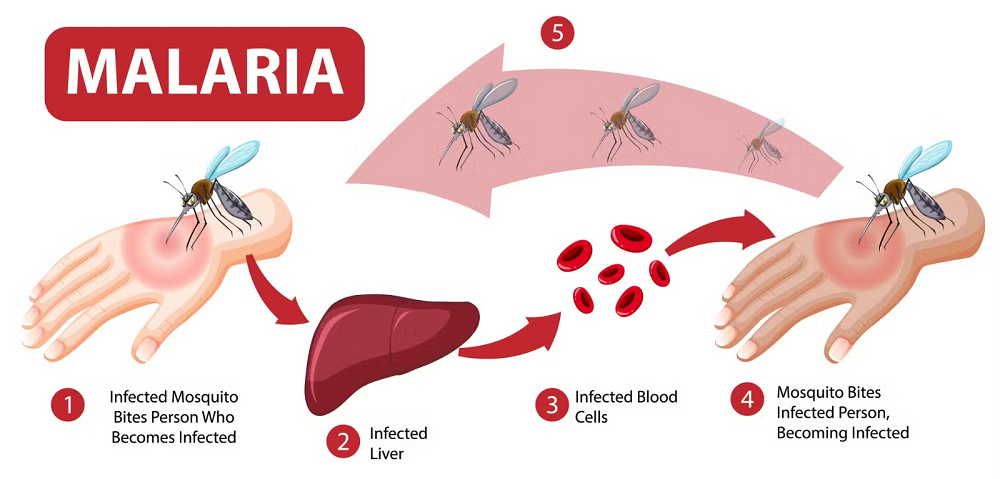We’ve Grown Old and the Kids Have Grown Up… A Delusion That Extinguishes the Flame of Married Life

“We’ve grown old and the kids have grown up.” This phrase is often heard on the tongues of husbands and wives after many years of marriage. Yet, in reality, it is far from being a simple or harmless statement—it carries painful meanings, declaring the decline of marital warmth and the withdrawal of one or both partners from the space of affection and physical intimacy that once united them.
It is a phrase that reflects psychological and social surrender more than it expresses a biological truth. Aging does not mean the end of love, closeness, or physical affection. On the contrary, it marks the beginning of a mature stage in the relationship—one that can be calmer, deeper, and more genuine than the impulsive years of youth. However, some couples, driven by modesty, social customs, or despair, place a barrier between themselves and the continuation of their natural marital life, as if intimacy were a luxury reserved for a certain age, or something inappropriate for older people.
In truth, this unjustified cessation of intimacy wrongs both partners. A wife does not lose her need for tenderness and attention simply because she has become a mother—or even a grandmother—just as a husband does not lose his desire for acceptance and appreciation simply because he has become a father or grandfather. The body needs affection just as much as the heart needs security. Marital intimacy is not merely a physical response, but a language of love and an emotional and spiritual connection that deepens with age and gains greater value with time.
When a couple closes this door with the phrase “we’ve grown old,” they begin a journey of emotional silence and dryness that steals the warmth from their home, paving the way for psychological distance and, at times, even emotional or intellectual infidelity. Intimacy is not merely a physical act—it is a safety valve for stability, a renewal of love, and a reminder that life still beats between them.
The greatest mistake is linking love exclusively to youth. Love knows no age, and the desire for closeness never retires. Many couples in advanced stages of life enjoy a renewed and healthy marital relationship because they refused to surrender to the idea of “emotional aging.” They have realized that maintaining intimacy—even at a gentler rhythm—preserves psychological balance, reduces stress and depression, strengthens the immune system, and enhances overall quality of life.
What is most beautiful about marital intimacy after sixty or seventy is its honesty and depth. It is no longer driven by physical impulse alone but carried by affection and mercy, just as God intended when He said: “And He placed between you affection and mercy.” This affection does not fade with wrinkles—it grows deeper as one’s appreciation for their partner increases.
Therefore, the saying “we’ve grown old and the kids have grown up” must be erased from the marital vocabulary, for it ends a beautiful stage of connection and plants coldness in hearts without reason. Love does not age, and it is every couple’s right to remain lovers for life—as long as their souls breathe and their hearts are capable of giving.
Marriage is not a race against time, but a journey of affection that continues until life’s very end.
However, it is true that some older adults may experience a decline in sexual activity due to a combination of physical factors (such as hormonal changes, chronic illnesses, and medication side effects) and psychological factors (such as depression, anxiety, stress, or loss of self-confidence). In such cases, it is very important to consult a physician to understand and address the underlying causes, as many of these issues can be improved through medical treatment or lifestyle adjustments.
















